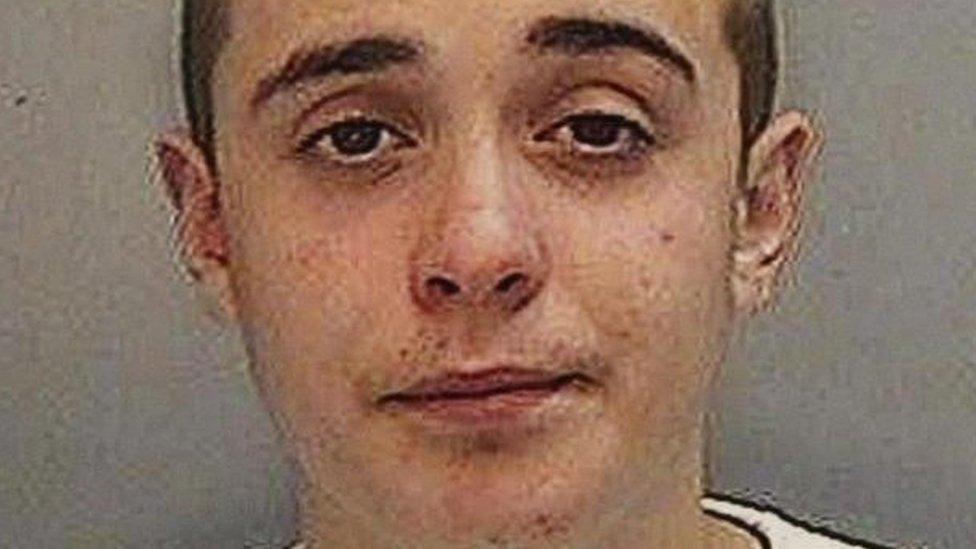Garry Newlove killer loses sentence appeal due to 'lack of remorse'
- Published
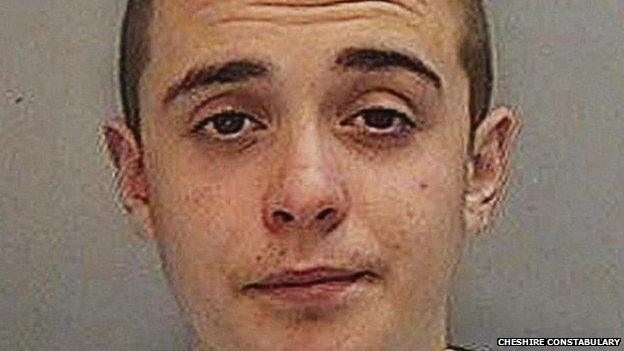
Jordan Cunliffe was a teenager when he killed Garry Newlove in 2007
A man who kicked to death a father-of-three outside his home has failed to have his sentence cut after failing to show "true remorse".
Jordan Cunliffe was 16 when he was jailed in 2008 for the murder of Garry Newlove in Warrington, Cheshire.
Cunliffe's lawyers argued he should have his 12-year minimum term cut due to his "exemplary" behaviour in prison.
But a High Court judge rejected the application as he still denies his involvement in Mr Newlove's murder.
Cunliffe's minimum sentence will expire in August but he will only be freed once the Parole Board is convinced that he poses no serious danger to society.
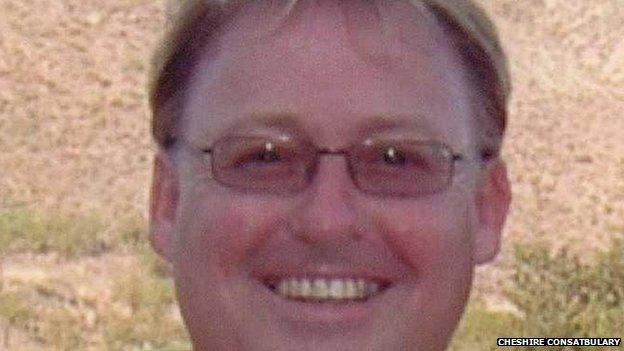
Garry Newlove was attacked when he confronted vandals outside his Warrington home
'Kicked like a football'
Mr Newlove, a 47-year-old salesman, was killed when he confronted a gang of youths that had vandalised his wife's car in August 2007.
During the attack, he was kicked "like a football" in front of his daughters.
Cunliffe, Adam Swellings and Stephen Sorton were jointly convicted of his murder in 2008, external under joint enterprise legislation which allows a group to be prosecuted for murder when it cannot be proved which individual inflicted the fatal blow.
Cunliffe, who suffers from an eye condition which means he has been registered blind, was ordered to serve at least 12 years behind bars.
His lawyers argued in court that his sentence should be cut due to his "exceptional and unforeseen" progress in prison including passing GCSE maths and achieving a bronze Duke of Edinburgh award.
But Mr Justice Spencer said that, while the 27-year-old "has demonstrated empathy in general terms, he still denies participating in the attack on Mr Newlove".
"The absence of true remorse and the complete lack of an acceptance of any responsibility for the part he played in the murder is an important negative factor, although not conclusive in itself.
"The process of parole will have to take its course once Cunliffe has served the minimum term set by the trial judge."
- Published18 February 2016
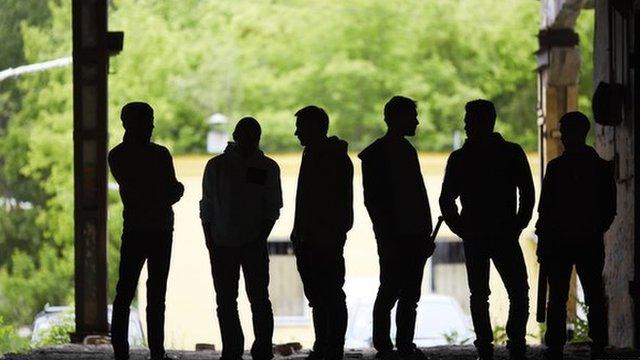
- Published26 July 2010
- Published19 May 2015
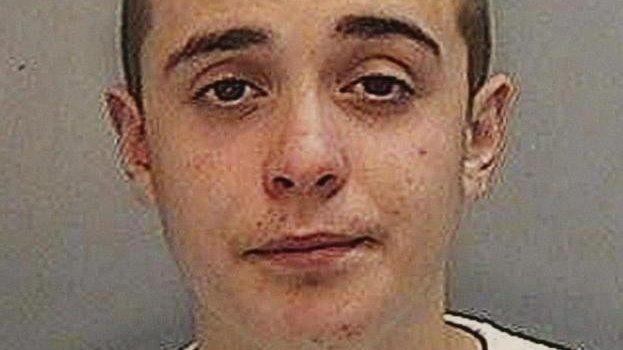
- Published29 April 2016
